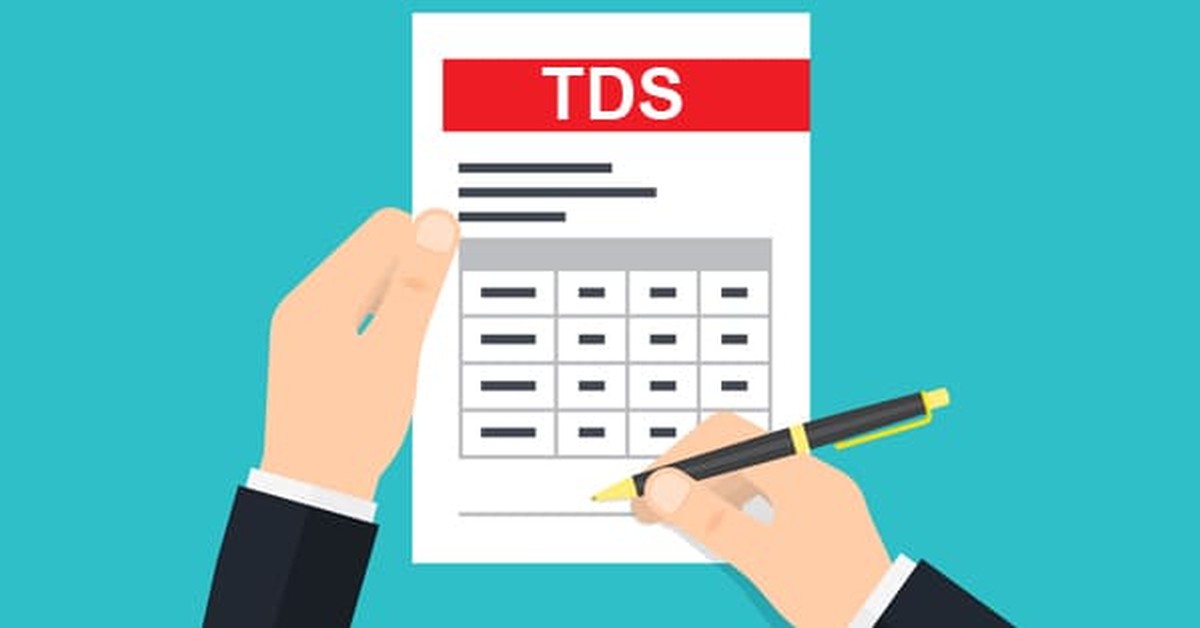You know that Employees Provident Fund and Miscellaneous Provisions Act, 1952 are applicable to specified employers. Under EPF Schme,1952 it is liability of an employer to deposit specified amount of salary of the employee along with his share with the Provident Fund Commissioner. The contribution deposited during the service term of an employee will be available to him/her by way of lumpsum payment and pension at the time of his retirement.
Employee Provident Fund Scheme,1952 is a welfare scheme of government of India to provide financial security to employees after their retirement. This EPF is also known as Recognized Provident Fund (RPF).
Some employers are allowed to establish and manage their own Private Provident Fund Scheme (PPFS) subject to fulfilment of certain conditions given under provisions of Section 17 of Employees Provident Fund and Miscellaneous Provisions Act, 1952. The PPFS is also recognized under Section 17 and applicable provisions of Income Tax Act,1961 and will also be considered as Recognized Provident Fund.

LET'S CONSIDER EVENTS OF WITHDRAWAL FROM EPF/RPF
WITHDRAWAL AT THE TIME OF RETIREMENT /LEAVING OF JOB
Rule 8 of Part A of the IV Schedule provides that the withdrawal of accumulated balance by an employee from EPF/RPF is exempt in the hands of employee in the following situations;
- If the employee has rendered continuous service with his employer for a period of 5(five) years or more (for purpose of calculating 5-year time limit, service rendered with any previous employer shall be included, if the previous employer also maintained recognized provident fund and the provident fund balance of the employee was transferred by him to the current employer).
- If the employee has been terminated because of certain reasons which are beyond his control (e.g., ill health, discontinuance of business, completion of project for which employee has been appointed etc.).
- If the employee has resigned before completion of 5 years but has joined another employer (who is maintaining Recognized Provident Fund and balance with current employer of the employee will be transferred with new employer).
- If the entire balance standing to the credit of the employee is transferred to his account under a pension scheme referred to in Section 80CCD and Notified by the Central Government such as NPS etc.
PLEASE NOTE THAT: If an employee makes withdrawal before continuous service of 5(five) years (other than the cases given above), such withdrawal shall be treated as withdrawal from Unrecognized Provident Fund. Unrecognized Provident Fund withdrawal (excluding employees' contribution) is taxable.
LET'S CONSIDER PROVISIONS OF SECTION 192 A was introduced with effect from 1st June, 2015 and provides that Tax is Deductible as follows-
- Tax is to be deducted by the Trustee of EPF Scheme,1952 or any other person authorized to make payment of the accumulated sum to the employees.
- If withdrawal has made from Private Provident Fund Scheme managed by an employer and recognized by Section 17 of EPF Scheme,1952, as well as the Income Tax Act,1961 then provisions of Section 192A will not be applicable and TDS will be deducted according to the provisions of Section 192 of the Act,1961.
- Tax is deductible from “Taxable Premature Withdrawal”. It means Tax is deductible from accumulated lump sum payment (at the time of retirement or at the time of leaving of job) in case an employee has not rendered continuous service of 5(five) years.
- The Tax will be deducted at the time of payment.
- The Tax is deductible under Section 192A of the Act,1961 @10% of the “Taxable Premature Withdrawal”. If the recipient is resident, surcharge/health and education cess are not applicable. If recipient is non-resident, then surcharge/Health and Education cess is applicable.
- If PAN is not available then Tax will be deducted at the Maximum Marginal Rate i.e., @42.744% for FY 2020-21.
- Tax is not deductible if the amount of “Taxable Premature Withdrawal “is equal or less than Rs. 50,000/-.
- An assessee can submit Lower TDS Certificate under Section 197 or Form 15G/15H for deduction at lower rate or non-deduction of TDS from “Taxable Premature Withdrawal.
CONCLUSION
The EPF/RPF Schemes are social security schemes ,which provide financial assistance to employees at the time of their retirements. Earlier withdrawal from scheme may jeopardise the purpose for which it is established. We know that Section 80C provides us deduction from our Gross Total Income ,the contribution we have made in EPF/RPF and these investment should be a long time. If we withdraw from our investment made and deduction claimed u/s 80C before their maturity or before a period of five years then the amount we have claimed earlier are deduction will be added back to our income in the year in which withdrawal has been made. This is why this section 192A has been introduced and you have to consider these provisions before withdrawal before a period of 5 years of continuous service.
Disclaimer: The entire contents of this document have been prepared on the basis of relevant provisions and as per the information existing at the time of the preparation. Although care has been taken to ensure the accuracy, completeness, and reliability of the information provided, author assume no responsibility, therefore. Users of this information are expected to refer to the relevant existing provisions of applicable Laws and take appropriate advice of consultants. The user of the information agrees that the information is not professional advice and is subject to change without notice. Author assume no responsibility for the consequences of the use of such information.









 CAclubindia
CAclubindia
